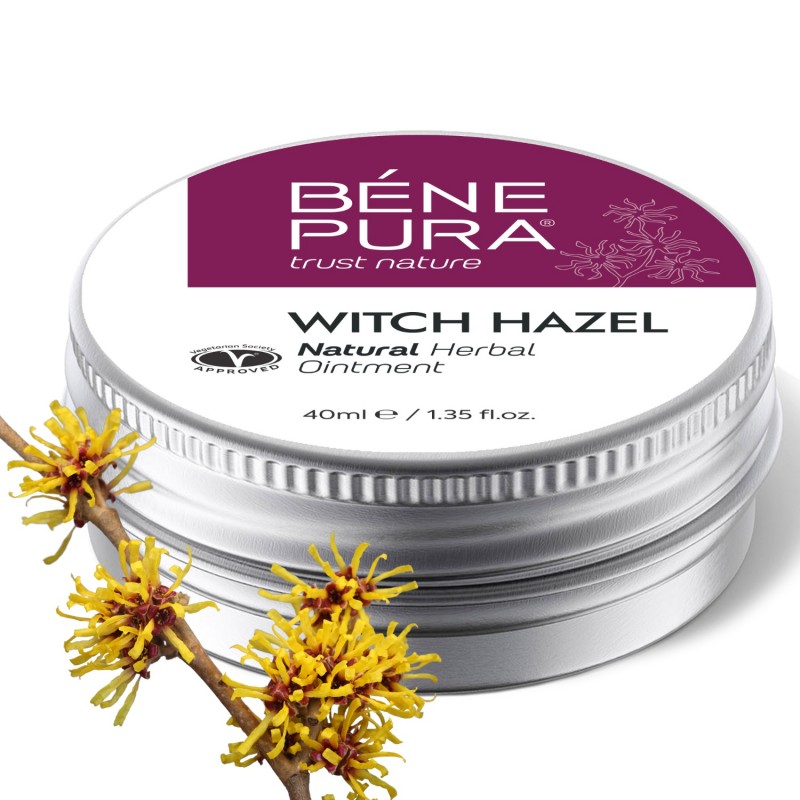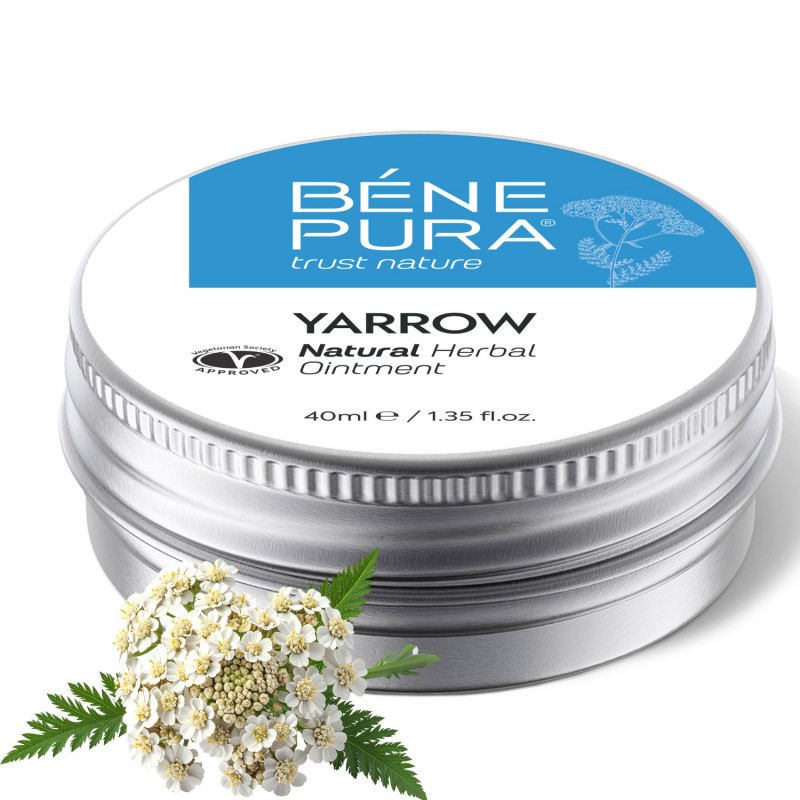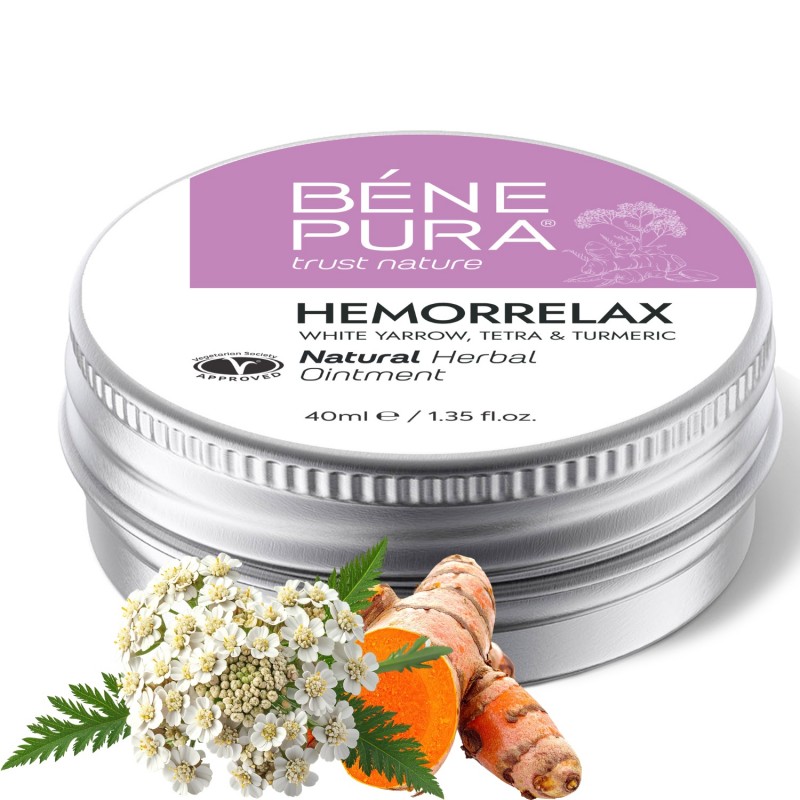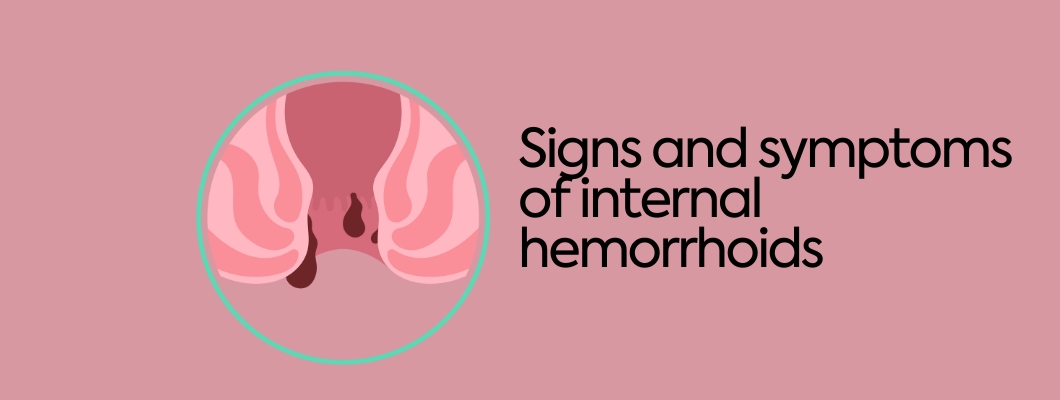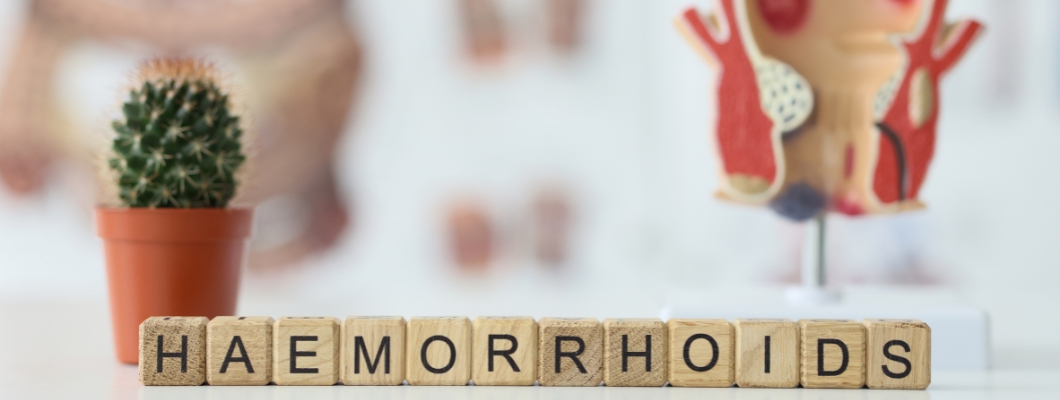Hemorrhoids and Food - What you Put on your Plate Matters
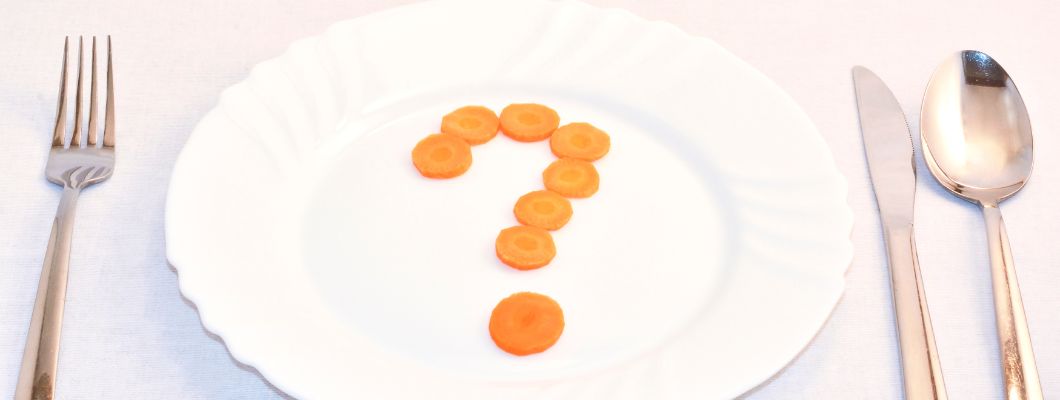
Hemorrhoids are a common condition that can cause discomfort and pain. Diet plays an important role in relieving symptoms and preventing complications. In this article, we will look at what foods to eat when you have hemorrhoids to maintain good health and comfort.
Table of Contents
1. Consume more Fiber
Fiber is an integral part of a healthy diet. They play a key role in maintaining regular bowel movements and preventing constipation, which is a major factor in hemorrhoids.
How fiber helps with hemorrhoids
Fiber helps bulk up and soften stools, making it easier for them to pass through the digestive system. This reduces tension and pressure on the veins in the rectum and anus, which can prevent or relieve hemorrhoids.
Types of fiber
There are two main types of fiber: soluble and insoluble.
- Soluble fiber - this fiber dissolves in water and forms a gel-like substance in the intestines. They help regulate blood sugar levels and reduce cholesterol. Foods rich in soluble fiber include oatmeal, apples, citrus fruits, carrots, and barley;
- Insoluble fiber - this fiber does not dissolve in water and helps increase the bulk of the stool. This promotes regular bowel movements and prevents constipation. Foods rich in insoluble fiber include whole grains, nuts, legumes, and vegetables such as broccoli and green leafy vegetables.
Recommended daily fiber intake
The recommended daily intake of fiber for an adult is about 25-30 grams, which most people do not reach regularly. Adding more fiber to the diet can be done gradually to avoid bloating and gas.
2. How to Increase Fiber in Your Diet
- Have breakfast with whole-grain cereals - oatmeal or whole-grain muesli;
- Add fruit to every meal - apples, pears and berries are excellent choices;
- Consume legumes several times a week - add beans, lentils or chickpeas to salads, soups and main dishes;
- Use wholegrain products - choose wholegrain bread, pasta and rice instead of refined options.
Start the day high in fiber - a breakfast rich in fiber can help you reach your daily allowance from the very morning. Include fiber in every meal and read labels - look for foods that contain at least 3 grams of fiber per serving.
The relationship between fiber and gut health
Fiber also supports the health of the gut microflora. They act as prebiotics that nourish the good bacteria in the gut, supporting their reproduction and maintaining a balanced microflora. A healthy gut microflora is essential for good digestion and the immune system.
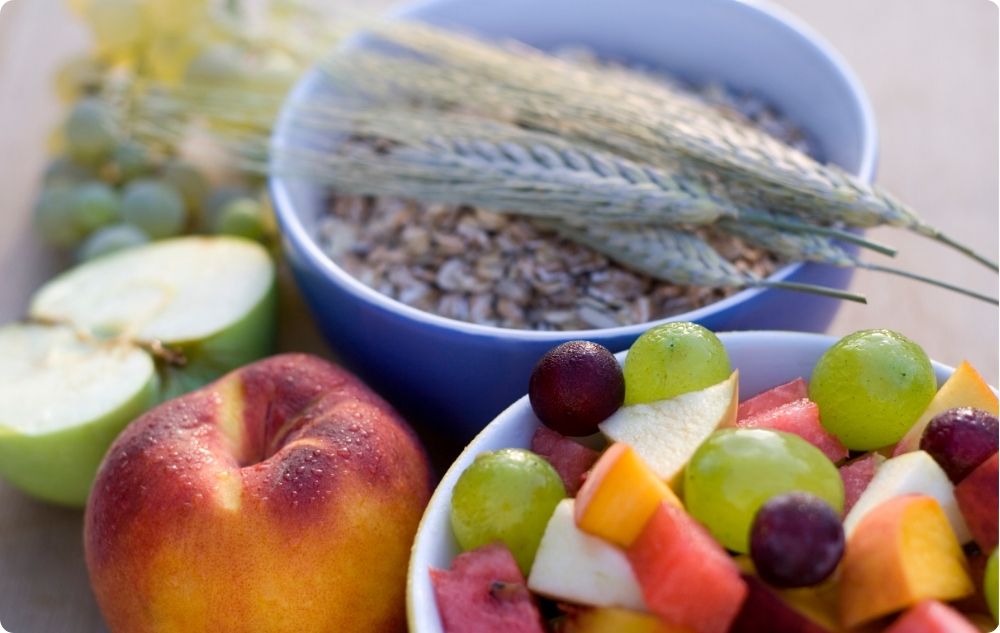
2. Drink Enough Water
Water contributes to the regulation of normal bowel function by softening stools and supporting regular bowel movements. Insufficient hydration can lead to hard and dry stools, which increases the risk of constipation and worsens the condition of hemorrhoids.
How much water should we drink?
A good rule of thumb is to drink at least eight glasses of water a day, which equates to about two liters. However, individual needs vary depending on various factors such as age, gender, level of physical activity and climatic conditions. People who live in hot climates or are physically active, for example, may need more water.
Signs of dehydration
It is important to recognize the signs of dehydration so that timely measures can be taken. Some of these include:
- Dark urine - urine should be light yellow. Dark urine is a sign that you are not drinking enough water;
- Dry mouth and lips;
- Feeling tired and weak - insufficient hydration can lead to feeling tired and low energy.
The benefits of good hydration
Staying well hydrated isn't just for dealing with hemorrhoids, it has a host of other health benefits. It supports kidney function, improves skin condition, supports cognitive functions and a general sense of well-being.
Water also helps transport nutrients and oxygen to cells, aids the digestive system, and facilitates fiber absorption. When you drink enough water, you support the optimal function of all systems in the body, including the digestive system.
How to maintain good hydration?
- Start the day with a glass of water - drinking a glass of water immediately after waking up helps to start the metabolism and maintain hydration throughout the day;
- Carry a water bottle with you at all times;
- Eat foods with a high water content - fruits and vegetables such as watermelon, cucumbers and citrus fruits;
- Avoid excessive consumption of caffeine and alcohol - these drinks can have a diuretic effect and contribute to dehydration of the body.
3. Avoid Constipation with a Proper Diet
Constipation is one of the main factors that can worsen or even cause hemorrhoids. Preventing it is key to relieving symptoms and improving overall health. A proper diet and lifestyle can significantly reduce the risk of constipation.
The importance of regular bowel movements
Regular bowel movements help reduce strain and pressure on the veins in the rectum and anus. When stools are hard and difficult to pass, straining can make hemorrhoids worse.
Foods that support regular bowel movements
Certain foods are particularly effective in preventing constipation and maintaining healthy bowel movements.
Prunes
Prunes are known for their laxative properties. They contain sorbitol, a natural sugar alcohol that helps soften stools and make them easier to pass.
Kiwis
Kiwi contains enzymes and fiber that aid digestion. Research shows that eating kiwifruit can increase bowel frequency and improve stool quality.
Yogurt with probiotics
The probiotics in yogurt support the balance of intestinal microflora, which is important for regular bowel movements.
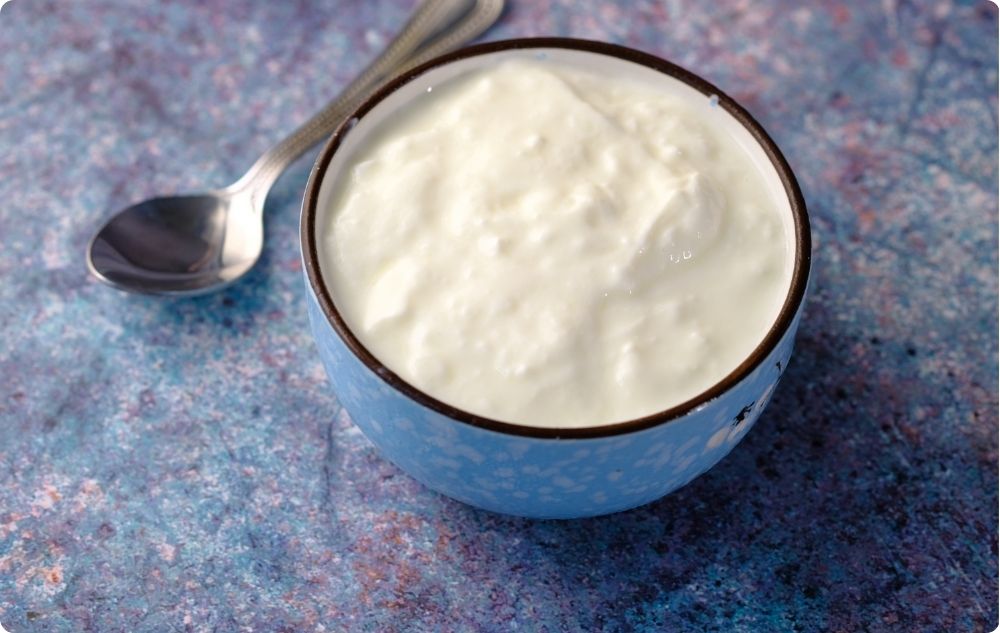
Additional tips:
- Regular physical activity - exercise stimulates bowel movement and supports regular bowel movements. Even short walks can be beneficial;
- Changes in eating habits - eat smaller portions more often during the day to facilitate digestion. Avoid heavy and fatty foods that can slow down digestion;
- Establish a toilet routine - try to go to the toilet at the same time every day to train your bowels to function regularly. Don't ignore the need to have a bowel movement when you feel it.
What foods to avoid
Certain foods and habits can worsen constipation and increase the risk of hemorrhoids.
Processed foods
Chips, snacks and other processed foods are often low in fiber and can lead to constipation.
Too much dairy
Excessive consumption of dairy products can slow down digestion and cause constipation in some people.
An example diet to avoid constipation:
- Breakfast - oatmeal with fresh fruit and flax seeds;
- Lunch - vegetable salad with added quinoa and avocado;
- Afternoon breakfast - yogurt with probiotics and honey;
- Dinner - baked fish with broccoli and brown rice.
Preventing constipation is key to managing hemorrhoids. A proper diet, including foods rich in fiber and probiotics, regular physical activity and the creation of healthy habits can significantly reduce the risk of constipation and relieve the symptoms of hemorrhoids.
4. Avoid Irritating Foods
When suffering from hemorrhoids, it is important to avoid certain foods that can irritate the digestive system and worsen symptoms. Irritating foods can increase inflammation and lead to pain and discomfort.
Spicy foods
Spicy foods, such as peppers and hot sauces, can irritate the intestines and anus. Capsaicin, which is the active ingredient in chili peppers, can cause additional discomfort as it passes through the digestive system and exacerbate hemorrhoid symptoms.
Processed foods
Processed foods, such as chips, fast snacks and ready meals, often contain little fiber and many additives that can make constipation worse. The lack of fiber in these foods can make stools hard and difficult to pass.
Salty foods
Excessive salt consumption can lead to fluid retention in the body, which increases the pressure in the blood vessels.
Alcohol
Alcohol can cause dehydration and worsen constipation, thus increasing the risk of hemorrhoids getting worse. Additionally, alcohol can irritate the stomach and intestinal lining, leading to additional discomfort.
Caffeine
The caffeine contained in coffee, tea and energy drinks has a diuretic effect. This can contribute to constipation and worsen hemorrhoid symptoms.
How to replace irritating foods:
- Choose mild spices - instead of hot sauces and peppers, use mild spices such as ginger, turmeric and garlic, which have anti-inflammatory properties;
- Eat fresh foods - avoid processed foods and focus on eating fresh fruits, vegetables and whole grains;
- Control salt - reduce the amount of salt in your diet and use alternatives such as herbs and lemon juice to add flavor;
- Limit alcohol - reduce alcohol consumption and focus on drinking water and herbal teas;
- Cut back on caffeine - limit your intake of caffeinated beverages and choose decaffeinated options or herbal teas.
5. What to Eat for Hemorrhoids: Sample menu
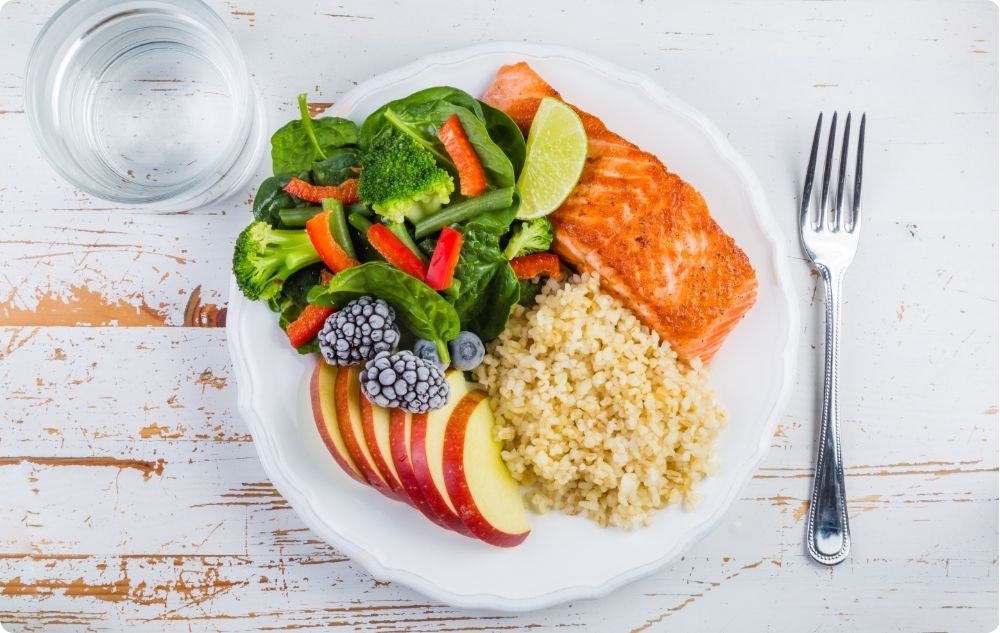
It's important to include foods that support gut health, prevent constipation and reduce inflammation. Here are some ideas for a daily diet that can help relieve the symptoms of hemorrhoids:
Breakfast
Breakfast is the first and perhaps the most important meal of the day. It should be rich in fiber and nutrients that aid digestion.
- Oats - Oats are an excellent source of soluble fiber, which helps regulate bowel movements. Add chopped fruit like bananas or apples and some nuts for extra fiber and nutrients;
- Smoothies - make a smoothie with almond milk, spinach, kiwi, and flaxseed. This combination provides both fiber and antioxidants that support gut health.
Lunch
Lunch should be light but nutritious, including a variety of vegetables, protein and whole grains.
- Quinoa and vegetable salad - quinoa is a whole grain food rich in fiber and protein. Combine it with different vegetables such as cucumbers, tomatoes, carrots and avocados. Add lemon juice and olive oil for dressing;
- Roast chicken or fish - choose lean meats such as roast chicken or fish, which are easy to digest and high in protein. Serve them with a side of roasted vegetables like broccoli or cauliflower.
Afternoon breakfast
The afternoon snack should be light and sustain energy until dinner. Choose foods that are easily digestible and high in fiber.
- Yogurt with probiotics - add a little honey and a handful of raw nuts for extra flavor and nutritional value;
- Fruits - choose fruits such as apples, pears or plums.
Dinner
Dinner should be easy to digest but nutritious enough to help the body recover during the night.
- Whole-grain pasta with vegetables - Whole-grain pasta provides more fiber and nutrients than white pasta. Add steamed vegetables such as spinach, peppers and zucchini, and a light tomato sauce;
- Lentil Soup - Lentils are rich in fiber and protein. Prepare a soup with lentils, carrots, celery and onions. Add spices like turmeric and cumin for extra flavor and antioxidant properties.
A proper diet for hemorrhoids is an essential element in alleviating symptoms and maintaining good health. Maintaining a healthy and balanced diet that excludes irritants, including fiber-rich foods, lean proteins and healthy fats in the daily diet can significantly improve the condition of the intestines and prevent constipation.
SOURCES:
1. Mayo Clinic: Hemorrhoids (25.05.2024)
2. WebMD: Hemorrhoids: Symptoms, Causes, and Treatment (25.05.2024)
3. Healthline: Causes of Hemorrhoids and Tips for Prevention (25.05.2024)

